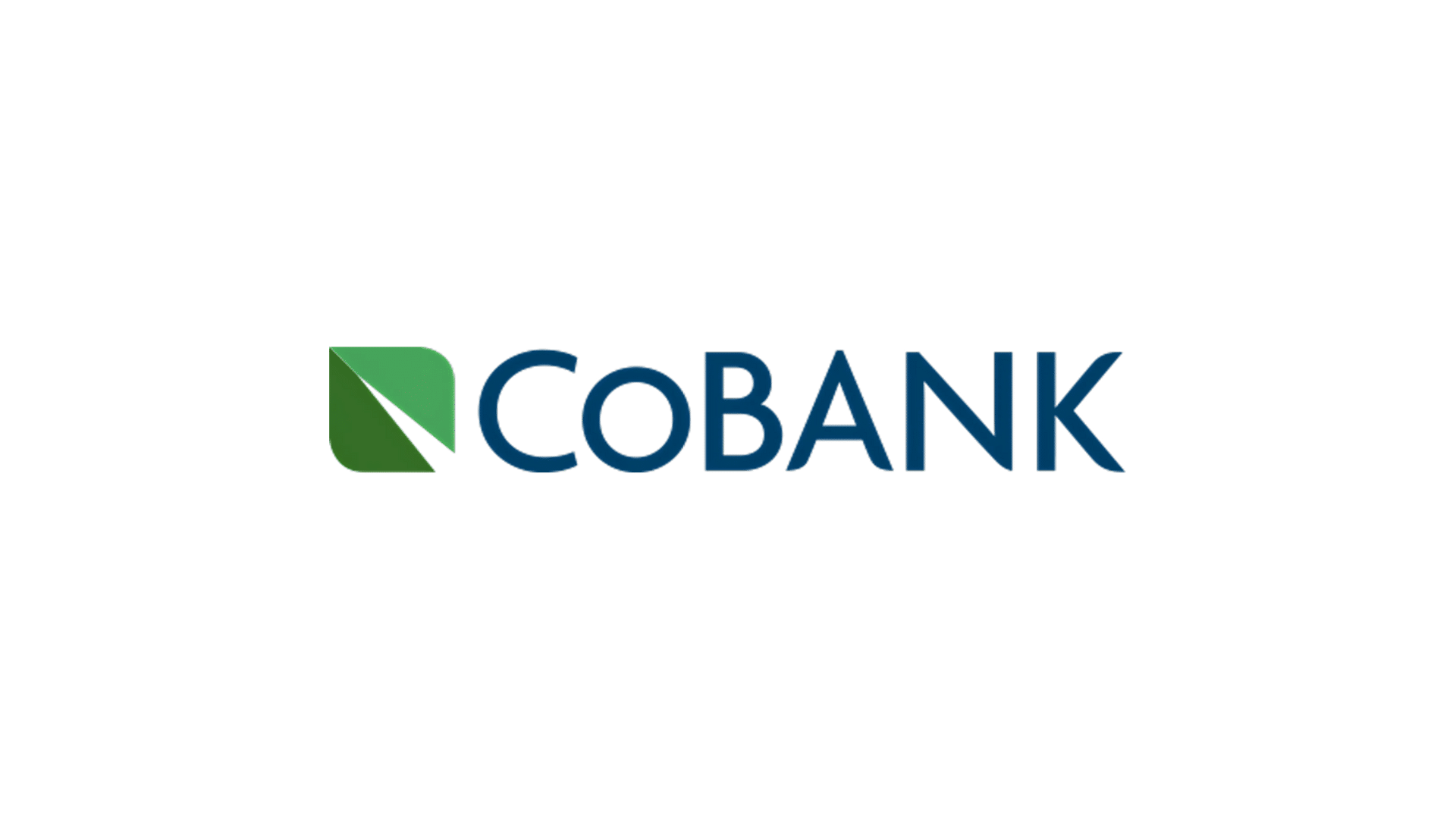Key Takeaways:
- CoBank projects U.S. soybean acreage to rise 5.9% to 86 million acres in 2026.
- Corn acreage is expected to decline 4.8% to 94 million acres.
- Cotton and rice plantings are forecast to fall to multi-year lows.
- Grain sorghum, spring wheat, and durum acreage are also projected to decrease.
- Low crop prices, high production costs, and rotation needs are driving planting decisions.
CoBank Projects Soybean Acreage Gains in 2026
As spring planting season approaches, U.S. farmers are weighing crop choices against a backdrop of low commodity prices and elevated production costs. According to a new report from CoBank’s Knowledge Exchange, soybeans are expected to gain acreage in 2026, while several other major crops decline.
U.S. soybean acreage is projected to increase 5.9% year-over-year to 86 million acres. The shift reflects improved soybean price signals relative to competing crops, supported by expanded domestic crush capacity and expectations of continued Chinese demand.
“Following recent price rallies, soybeans offer greater profit potential than corn, wheat, sorghum, cotton and rice,” said Tanner Ehmke, lead grains and oilseeds economist with CoBank. “Beyond price signals, crop rotation needs will also play a role.”
Soybeans are expected to pull acreage from corn and wheat in the Midwest and Central Plains, and from cotton, rice, and corn in the South. The Northern Plains remain an exception, where weaker soybean basis levels and stronger corn performance may encourage more corn planting.
Corn and Other Grains Face Acreage Reductions
CoBank forecasts total U.S. corn acreage at 94.0 million acres, down 4.8% from last year. While some western states may expand corn plantings at the expense of wheat and sorghum, overall corn acreage is expected to decline. Record corn stocks and crop rotation considerations are expected to limit additional plantings in key producing regions.
Spring wheat acreage is projected to decrease 1% to 9.89 million acres due to weaker profitability relative to corn. Durum acreage is forecast to decline 3% to 2.12 million acres, reflecting ample supplies in the U.S. and Canada that have pressured prices.
Grain sorghum acreage is expected to fall 5% to 6.31 million acres. Wide basis levels and improved corn profitability are encouraging farmers in the Central Plains to shift toward corn and soybeans.
Cotton and Rice at Multi-Year Lows
U.S. cotton planted acreage is projected to decline 1% to 9.19 million acres, marking the lowest level in 11 years. In the South, cotton acres are expected to migrate to soybeans, while irrigated acres on the Plains may transition to corn.
Rice acreage is forecast at 2.83 million acres, down 20% year-over-year and the lowest level in 30 years. Long-grain rice acreage in the South is projected to fall 25%. High planting costs and increased global competition have weighed heavily on rice profitability, prompting growers to consider alternative crops.
Market Signals and Rotation Drive Decisions According To CoBank
While late-winter price movements and regional basis shifts could influence final decisions, CoBank’s outlook suggests soybeans currently present the strongest economic case for growers heading into 2026.
“With record supplies of corn in storage, farmers will look to rotate into other crops to diversify their marketing risk. Soybeans currently offer the best marketing opportunities,” Ehmke said.
As planting season nears, profitability, export demand, crop rotation needs, and regional market dynamics will continue shaping U.S. acreage decisions in 2026, according to CoBank.
Discover the entire report here.


